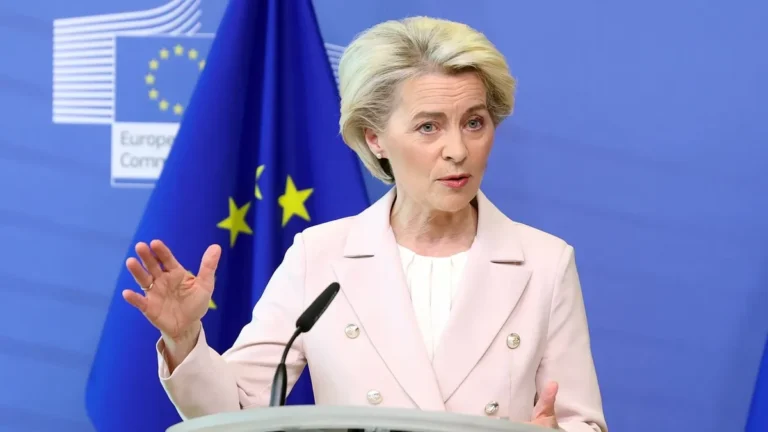New York, 19 November 2021 (TDI): Permanent Representative of Pakistan to the UN, Ambassador Munir Akram warned that the consequences of a major humanitarian crisis and economic collapse would be horrific — massive human suffering, the influx of millions more Afghan refugees, the likelihood of chaos and further conflict, and the reinforcement of Da’ish and other terrorist groups — during a meeting of the Security Council on Afghanistan.
“After 40 yrs, there is an opportunity for peace throughout Afghanistan & an opportunity to root out terrorism from there. This opportunity must not be lost at the altar of ego, revenge or disappointment….” My statement today at UNSC on #Afghanistan
🎙 https://t.co/C7ZjgsGlcu pic.twitter.com/2ZpL9ccGxR
— Amb Munir Akram,Permanent Representative to the UN (@PakistanPR_UN) November 17, 2021
Pakistan drew the world’s attention to Afghanistan’s catastrophic humanitarian and economic condition, pleading vehemently for the release of the “unjustified freeze” on the war-torn country’s assets to allow it to deal with the crisis.
“Cash is required to resurrect the economy – to pay salaries, rehabilitate small enterprises, and resurrect the banking system,” Ambassador Munir Akram told the UN Security Council, noting that 28 million Afghans are vulnerable to food insecurity.
“When millions of Afghan refugees begin to pour across our borders, we, who now host 4 million Afghan refugees, will be unable to accept any more, and they will be forced to seek asylum abroad,” Ambassador Akram added.
“The international community must avoid these consequences.”
At the beginning, Deborah Lyons, UN Special Representative and Head of the UN Assistance Mission in Afghanistan (UNAMA), gave an overview of the country’s developments since the Taliban took control in August.
“To abandon the Afghan people now would be a historic mistake — one that has been made before with tragic consequences,” Deborah Lyons said, adding that the Taliban takeover has left the Afghan people feeling abandoned, forgotten, and punished by circumstances that are not their fault.
She said that the country’s catastrophic humanitarian crisis can be avoided as it is due to largely because of financial restrictions that have paralysed the economy. She estimates that up to 23 million Afghans would be in crisis or extreme food insecurity as winter approaches. Furthermore, whereas famine was largely confined to rural areas, food insecurity is now expected to reach emergency levels in 10 of Afghanistan’s 11 most densely populated cities.

Lyons and Ambassador Munir also held a meeting where Pakistan’s significant concern over the deteriorating humanitarian and economic situation in Afghanistan was highlighted. Ambassador Akram urged immediate international engagement to avoid a humanitarian disaster and economic collapse in Afghanistan.
Worst humanitarian crisis on the Earth
Executive Director of the World Food Programme (WFP), David Beasley, also warned earlier in a BBC Article, “Afghans facing ‘hell on earth’ as winter looms” by John Simpson, that,
“IT IS AS BAD AS YOU POSSIBLY CAN IMAGINE. IN FACT, WE’RE NOW LOOKING AT THE WORST HUMANITARIAN CRISIS ON EARTH”.
“NINETY-FIVE PERCENT OF THE PEOPLE DON’T HAVE ENOUGH FOOD, AND NOW WE’RE LOOKING AT 23 MILLION PEOPLE MARCHING TOWARDS STARVATION,” HE ADDED. “THE NEXT SIX MONTHS ARE GOING TO BE CATASTROPHIC. IT IS GOING TO BE HELL ON EARTH.”
Prime Minister of Pakistan, Imran Khan also remarked while citing the WFP Director’s warning.

According to the World Health Organization (WHO), approximately one million children in Afghanistan are at risk of dying from acute malnutrition by the end of the year.
According to WHO spokesperson Dr. Margaret Harris, 3.2 million children are anticipated to experience acute malnutrition as a result of the country’s poor health conditions.
She stated that the world cannot afford to turn its back on Afghanistan and must not do so.








